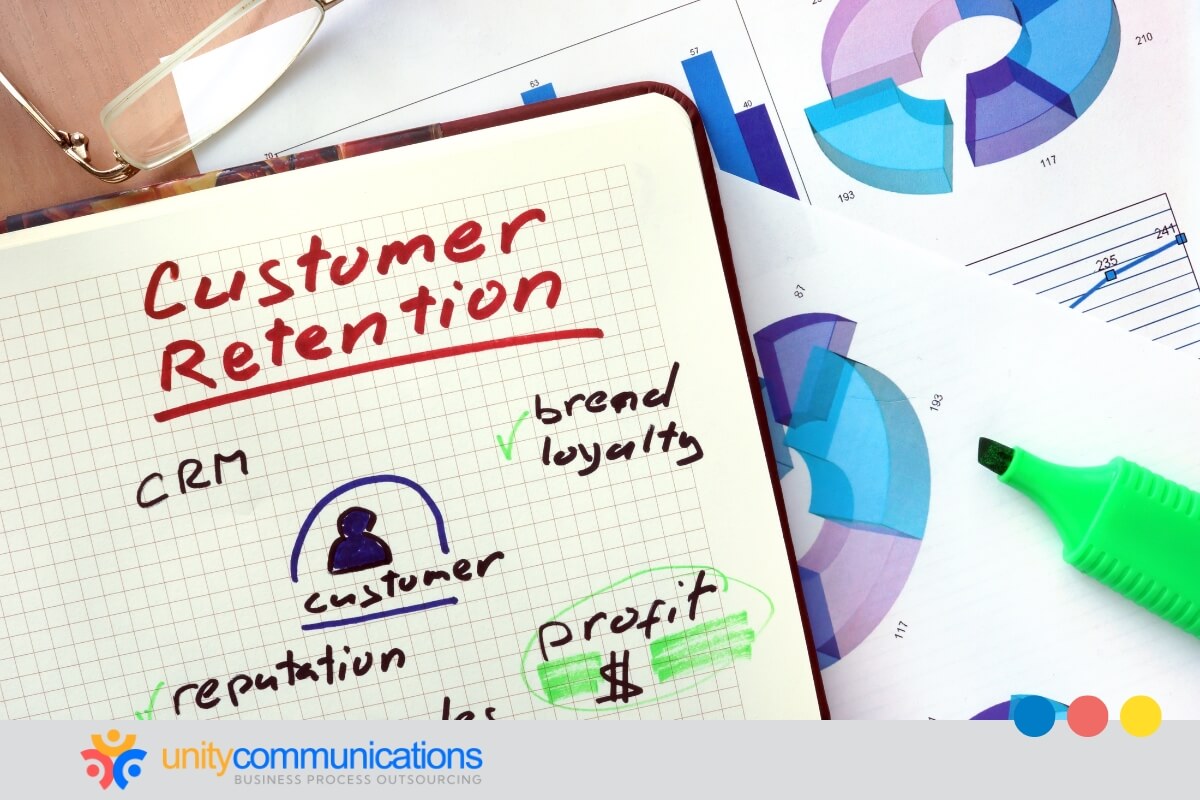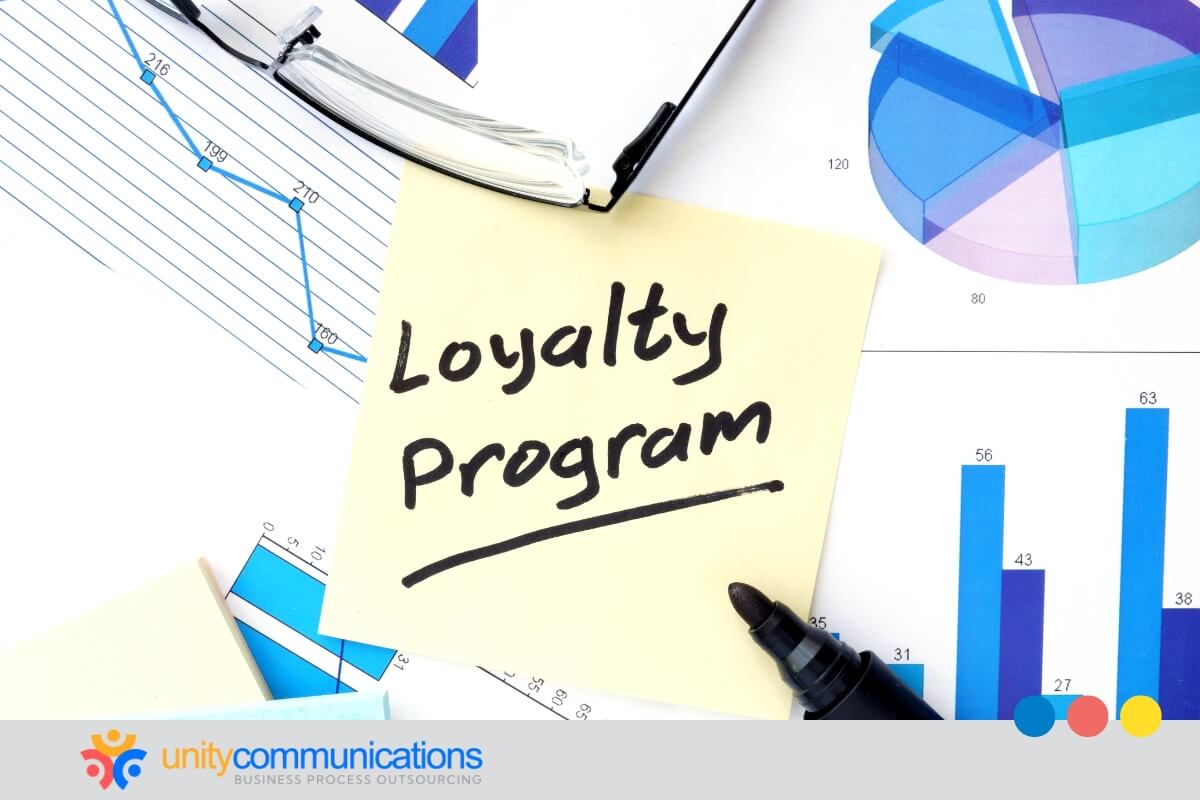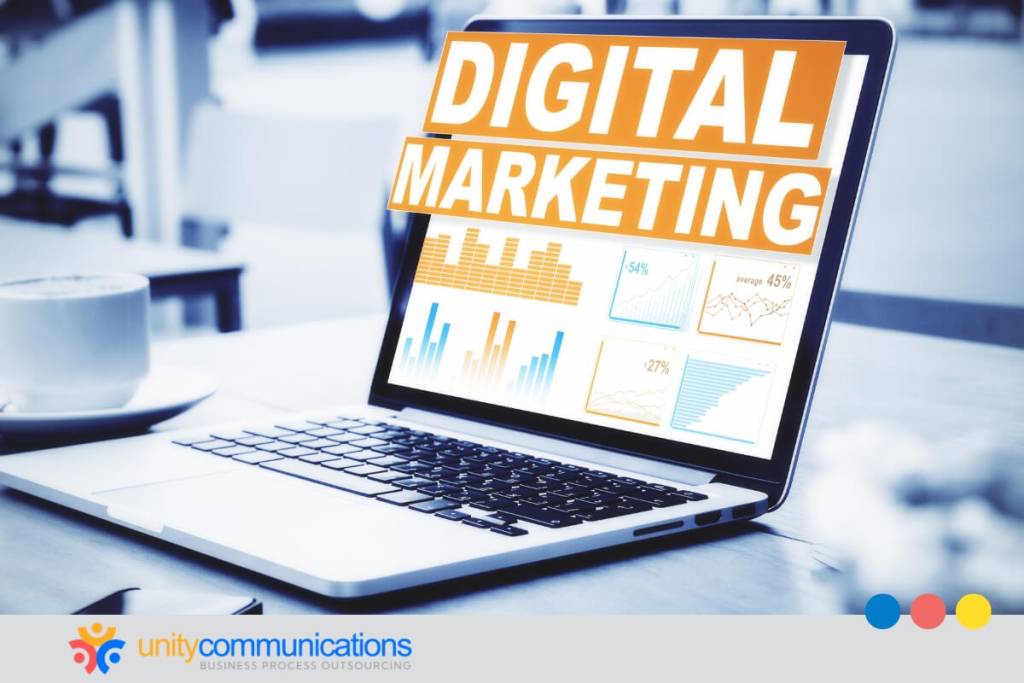IN THIS ARTICLE
Table of Contents
Amid cutthroat competition, having a loyal customer base is one of the best ways for companies to guarantee market relevance. From late-night support chats to seamless rewards programs, enterprises constantly innovate to keep customers returning.
That is where business process outsourcing (BPO) takes center stage. Service providers implement cost-effective strategies to help deliver a top-notch customer experience. But how exactly does BPO impact customer retention?
Below, we explore the service vendor’s role in keeping consumers interested.
What Is the Cost of Losing Customers?

Losing customers is equivalent to experiencing declining sales and profits. Qualtrics XM Institute’s recent study shows that businesses worldwide risk losing $3.1 trillion in sales annually due to bad customer experiences.
The report shows that poor customer service caused 35% of polled buyers to decrease their spending on a brand. The other 15% completely stopped purchasing from a company. If this issue persists, declining revenues can hinder you from investing in improvement projects.
The consequences for dissatisfied consumers extend far beyond an immediate profit drop. Your business might also face the following challenges, highlighting the need for measurable ways to gain and maintain loyal customers:
- Spend more on your marketing projects and resources to attract new customers.
- Receive more low-star ratings and bad reviews on your official sites.
- Experience reputational damage that makes it harder to retain your customers.
- Weaken the stability and predictability of your revenue stream.
- Decrease recommendations and referrals from previous consumers.
- Reduce cross-selling and upselling opportunities with existing customers.
- Erode your competitive advantage due to buyers switching brands.
How BPO Positively Impacts Customer Retention

After listing all the disadvantages of losing your customers, you might wonder, “What is BPO’s role here?”
Many businesses outsource call center services to provide faster and higher-quality customer service. Third-party vendors employ skilled support agents and advanced technologies to help build customer trust. Here are a few examples of BPO’s impact on customer retention strategies.
Improve Support and Response Time
Improving customer satisfaction through call center BPO involves working with well-trained customer service representatives (CSRs) and modern solutions. These resources help providers enhance consumer support and response time.
BPO companies require their employees to undergo comprehensive training to guarantee more prompt customer care services. They help agents respond to customer’s needs more swiftly and efficiently by equipping them with the following essential skills:
- In-depth brand familiarity and knowledge
- Effective written and oral communication
- Multi-channel and technology proficiency
- Rapid troubleshooting and issue resolution
- Multilingual competence (if necessary)
Support agents do not have magic hands to fast-track customer service operations. They need modern technology to streamline vital processes. They help develop good customer relationships using the systems below:
- Customer relationship management (CRM) platform
- Automated email ticketing, chatbots, and interactive voice response (IVR) systems
- Artificial intelligence (AI) and machine learning (ML)
- Robotic process automation (RPA)
- Predictive analytics solution
- Social media management tool
- Troubleshooting and remote access software
- Knowledge management system
- Cloud computing
- Omnichannel dashboard
- Natural language processing (NLP)
Personalize Customer Engagement
BPO providers combine the above technologies and employee skills to personalize customer engagement. In a 2022 report, 90% of consumers spend more with brands that personalize customer service. Thus, third-party vendors implement practical measures to help address such demand and keep loyal buyers happy. These strategies include:
- Noting buying behavior, purchase history, and communication preferences
- Categorizing and profiling customers based on common characteristics
- Using CRM systems to access customer records in real time
- Leveraging an omnichannel platform for seamless interactions across different channels
- Adjusting language and tone based on consumers’ native or preferred languages
- Offering self-service options, such as a frequently asked questions (FAQs) page and chatbots
- Customizing discounts, promotions, or loyalty rewards
- Monitoring and analyzing changing buying patterns and market demands
- Implementing improvements based on the collected customer journey insights
Conduct Customer Surveys and Feedback Analyses
BPO providers perform surveys and analyses to measure your services’ impact on customer retention. They help you understand your consumers’ needs and give you insights into how to meet them.
To assist you in developing effective customer retention strategies, service vendors employ these approaches:
- Draft survey questionnaires that capture specific aspects of customer experiences.
- Distribute surveys and collect responses before or after customer interactions.
- Deploy AI/ML-powered analytics tools to study purchasing trends and patterns.
- Identify recurring call center issues and pain points that need urgent improvements.
- Analyze factors affecting customer satisfaction and retention rates.
- Prepare reports outlining recommendations regarding customer service enhancements.
How BPO Contributes to Effective Loyalty Programs

Besides the practical methods discussed, call center providers help your business develop and implement various loyalty programs, including best mobile loyalty apps, to retain customers. They assist you in customizing these initiatives to meet your buyers’ needs and demands. Some common loyalty programs that BPO organizations help create and manage include the following:
- Points-based. Points per purchase equal discounts, free products, or exclusive perks.
- Tiered. Each membership tier offers rewards based on engagement or spending level.
- Visit-based. Rewards are measured by the frequency of customer visits or purchases.
- Cashback and rebate. Buyers receive a percentage of their purchase value back.
- Subscription. Consumers pay a monthly or annual fee to access premium benefits.
- Referrals. Customers gain rewards for referring friends and family to the business.
- Product-based. Buyers earn rewards for purchasing specific products.
- VIP. High-value customers obtain access to exclusive events and unique services.
- Digital Wallet. Consumers redeem rewards via mobile apps or digital wallets.
The Bottom Line
Working with BPO providers positively impacts your customer retention in various practical ways. They train agents and deploy advanced technologies to speed up responses to customer inquiries and personalize customer interactions.
Service vendors also take over your customer feedback collection and analysis activities, helping you explore ways to further improve your products and services. The insights collected guide you and your BPO partner in developing and implementing effective loyalty programs. These initiatives boost customer satisfaction and retention.
Let’s connect if you want to avoid the high cost of losing customers. Unity Communications helps ensure your business meets your consumers’ demands. We combine best practices with cost-effective human and tech resources to secure long-term benefits for your enterprise.





